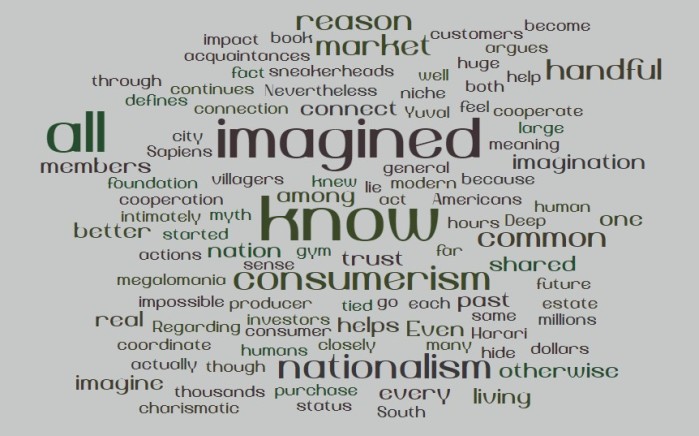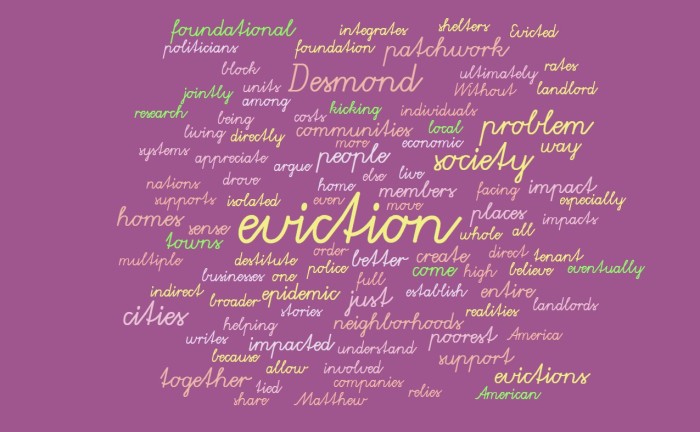Modern people living in WEIRD cultures value consistency in the thoughts, behaviors, and actions of individuals. Joseph Henrich argues this is a strange phenomenon of WEIRD societies and that it hasn’t been a central feature of many cultures throughout history. One of the challenges of living in a society that deems you a hypocrite if you are not internally consistent on all issues is that we frequently run into paradoxical situations where we simultaneously uphold values that directly contradict. In the United States the most clear example is the contradiction between liberty and democratic governance. Democratic governance entails the creation of laws which reduce some personal liberties in order to defend other liberties.
Another example of paradoxes where our desires run into each other, as Steven Pinker notes in his book The Better Angels of Our Nature, is between self-determination and the idea of an ethnocultural nation state. The challenges created when these two ideas bump into each other are fueling heated debates and worsening refugee crises across the globe.
In the Untied States, and many Western European countries, we believe in ideas of self-determination. We believe that individuals have the power to improve their own lives by working hard, making smart decisions, and – if necessary – by moving to a new place to start over. The history of the United States is exactly that, a history of people packing up and starting over somewhere new. Whether it was the pilgrims on the East Coast or the countless people who successively moved west, the United States is defined by the idea of self-determination and moving to areas of opportunity.
But what happens when the people who exercise this self-determination and move to areas of opportunity are culturally distinct from the areas to which they move? That is the question that Pinker explores in his book. Regarding the differences of the people and the landscape in a nation, Pinker writes, “unlike features of a landscape like trees and mountains, people have feet. They move to places where the opportunities are best, and soon invite their friends and relatives to join. This demographic mixing turns the landscape into a fractal, with minorities inside minorities inside minorities.”
This is where our paradox arises. We want people to be free. We want to uphold ideas of self-determination. We want people to be able to move to areas of opportunity and start new lives. We don’t want people to be stuck in one place, dependent on government assistance and charity. But, historically the United States and Western European nations have demonstrated that we don’t want ethnographic minorities to be the ones who are self-determinant in this way. We want our countries, our states, and our cities to remain ethnoculturally cohesive groups (I don’t support this view, but some modern political groups certainly do).
Not all people share this mindset, but many do, and it is a large component of populist movements in the United States and Europe. The choice that many people seem to advocate for is limiting self-determination of people who do not belong to the ethnocultural majority. A choice that is easily pointed at as racist and hypocritical. The other option for the people who dislike the ethnocultural change is to uphold self-determination, but to give up the idea of an ethnocultural state. To me this seems to be the more reasonable choice, but for many, the fear of losing their group identity is powerful.
Ultimately, what we should recognize is that our modern nation states, the political units we generally view as ethnocultural groups, conflict with ideas of self-determination. If we want to uphold self-determination and make it easier for people to shape their own lives, then we may end up losing ethnocultural nation states.



